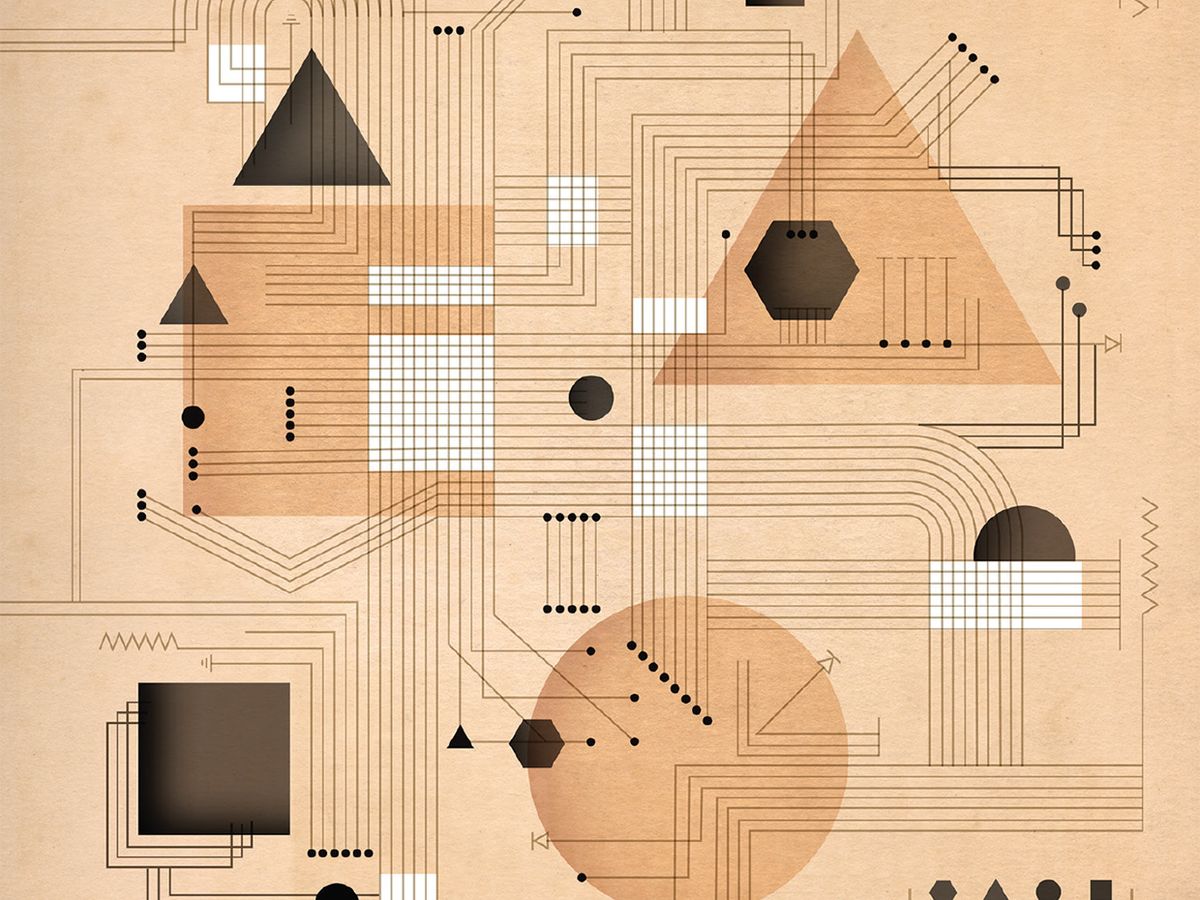From time to time I have seen Internet videos of seemingly impossible gymnastic performances. Sometimes the links to these videos have been accompanied by a comment by the poster to the effect of “I could do this if I wanted, but I choose not to.” This brings a little smile to my face, but I’ve been thinking lately that I’ve been telling myself something similar when I see some of today’s technical literature.
The scope of electrical engineering has been growing continuously through the years, but so too has the depth of complexity and required knowledge across this ever-larger landscape. There are many more highly trained engineers worldwide now than there were a few decades ago, so new applicable knowledge accumulates at a faster pace, while it seems that older, irrelevant knowledge leaves the field more slowly. There is more to know, and it is more demanding and complex.
I took a cursory look, for example, at the mathematics in information theory or the physics in quantum computing or in electronic and optical devices, and I said to myself, “I could do this if I wanted, but I choose not to.”
I remember when engineering seemed much simpler. As I write this, I’m noticing across the room the little blinking node on my Wi-Fi mesh network. Not so long ago AM/FM radios and TVs were the ubiquitous home electronics exploiting the electromagnetic spectrum. Those were the days when radios were just simple devices whose only standardization was the frequency band and a fairly simple modulation scheme. Take a look, though, at the specification for the IEEE 802.11ac family of Wi-Fi transceivers.
There are many, many pages of complicated minutiae needed to describe the protocols, controls, signal formats, and so forth. Then, if we dig down deeper, the math for multiuser MIMO (multiple-input, multiple-output) needs to be understood. The encryption is based on elliptic curve cryptography—try checking that out. Everywhere we look at increasing depth, the complication turns to turgid complexity. That is the world we live in now.
How is it that we can survive and indeed thrive in such a world? The obvious answers are specialization to narrow the field, and the layering of knowledge to reduce complexity to only that needed for a given purpose. In this latter pursuit we are aided by software that empowers the user while hiding the underlying complexity. I think that most engineers seldom will have the need, or the privilege, to examine the complex math and physics beneath so much of what we do. I’m reminded of the perhaps apocryphal tale of Richard Feynman’s advice on understanding quantum mechanics, when he said to just “shut up and calculate.”
So, am I kidding myself that I could do this stuff if I chose to? I hope not, but I can’t be sure. The problems are time and motivation. I have the engineer’s curiosity and I want to know everything, and it bothers me when I don’t truly know how something works. But there is limited time and so very, very much to know. Sadly, I have to choose, and the choices are influenced by motivation. There are things that I have to know, and things that it would be nice to know. Often, the former overwhelm the latter.
The way complexity is increasing, I imagine that in the future, computers will be writing papers for the IEEE societies’ Transactions, but those papers will be so complex that only other computers will be able to understand them. A lot of the fun will be gone.
This article appears in the May 2018 print issue as “Deep Complexities in EE.”
Robert W. Lucky is a contributor to IEEE Spectrum. An IEEE Fellow, he holds 11 patents and worked for many years at Bell Labs. Before retiring in 2002, he was vice president for applied research at Telcordia Technologies, in Piscataway, N.J.



